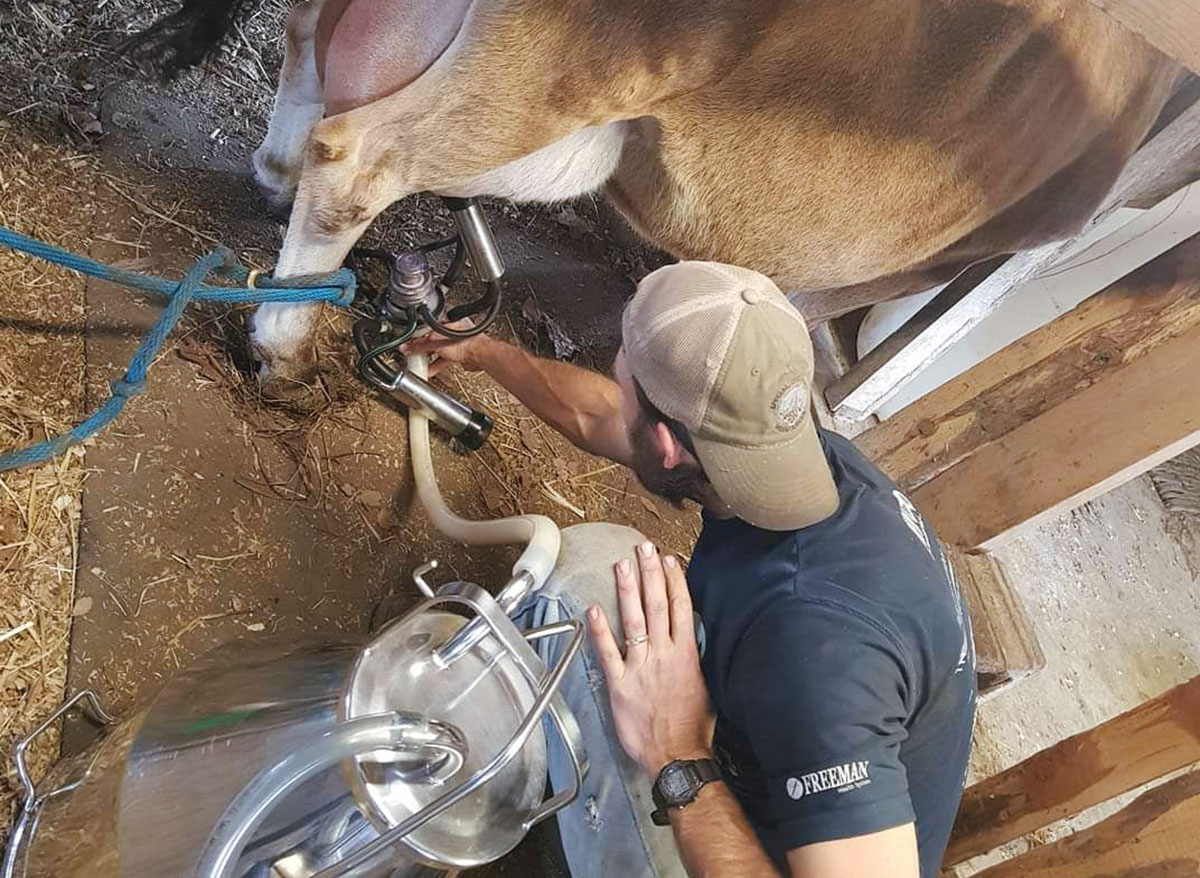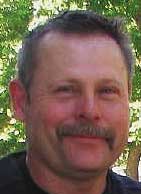
An old African proverb states, “It takes a village to raise a child.” That is even truer today when interest and knowledge are so diverse.
Dover (Ark.) High School senior, Baxter Wallis, son of Randall and Wallis, is a perfect example, owing his future career in agriculture to an agriculture community that extends help and support for those like Baxter who have both passion and dedication.
Baxter started showing in 4-H when he was 5, moving from chickens and goats to pigs and finally to cattle.
“Chickens are smelly and goats have way too much personality for me,” he said. “I am not a fan of anything that baas or maas. I have a connection with my animals and really enjoy raising them, but I never forget their purpose – which is to feed the world.”
An important aspect of Baxter story is that he does not have access to 40 acres or even 10. He is raising calves on a little more than two acres, demonstrating that involvement in agriculture is not limited to those with substantial acreage. The Wallis acreage is home to three show calves, show chickens in an old-fashioned type coop and a show pig housed in an ample pen. Baxter believes people need to be aware of how little acreage is needed to raise some livestock and works to spread the word so others with little land can become part of the agriculture community
When Baxter reached the point of wanting to show cattle, his grandfather, Billy Wallis, bought him a steer. Meanwhile, Jim Taylor, one of his Sunday school teachers and a Farm Credit agent, lent Baxter $1,500 through a special youth loan program with Farm Credit. Baxter used the money for the purchase of a show heifer.
Because Baxter wanted to retain his first heifer to start his own herd, neighbor Hartsel Hankins lent Baxter a steer calf to raise, allowing Baxter to retain profits from premium sales and jackpots to help pay back the loan. Hartsel then reclaimed the finished steer, which grew larger due to Baxter’s care and use of enhanced feed. The advantage for Hartsel was more money at the eventual sale while also getting judging evaluation to improve his herd.
After Baxter paid off the first loan, he received another, which he used to purchase a second heifer.
“You have to buy what you can afford,” Baxter said. “I watched the (online) videos over and over to select the best I could afford using what I learned from FFA livestock judging.”
Baxter has been successful in the show ring. His first heifer was Grand Champion Heifer at the county fair and Reserve Grand Champion English Commercial Heifer at the State Fair. That year his steer also won Grand Champion at the county fair.
Because the two heifers will be the beginning of his foundation herd, Baxter has tried to breed his first heifer three times, twice using AI and once by live cover through the generosity of Eric Walker, show stock breeder in Prairie Grove, Ark. The heifer was at the Walker ranch for three cycles but apparently still has not become pregnant. Successfully breeding first time heifers is becoming a broader issue, Baxter said.
“Apparently, long-term land usage has depleted Arkansas soil of magnesium and may be the cause of my problem,” he explained. “My heifer is going to be tested by Arkansas Tech to determine if she is infertile or magnesium deficient.”
The educational side of Baxter’s agricultural environment is also important. Dover had not had an FFA chapter since 1962. When Baxter’s ag teacher, Courtney Wilkins, wanted to reactivate the Dover chapter and approached Baxter, a freshman at the time, about running for president. He won and served for two years while Sydney Marple served as vice president. For the last two years he and Sydney have switched positions. The two young people were and are pillars supporting the reorganization, which is about 60 members strong after four years.
“We now have a core group ready to take our place,” Baxter said.
Baxter is considering becoming a FCS agent like, Jim Taylor, after attending Arkansas Tech and earning a degree in agribusiness in order to help others the way he is being helped.







